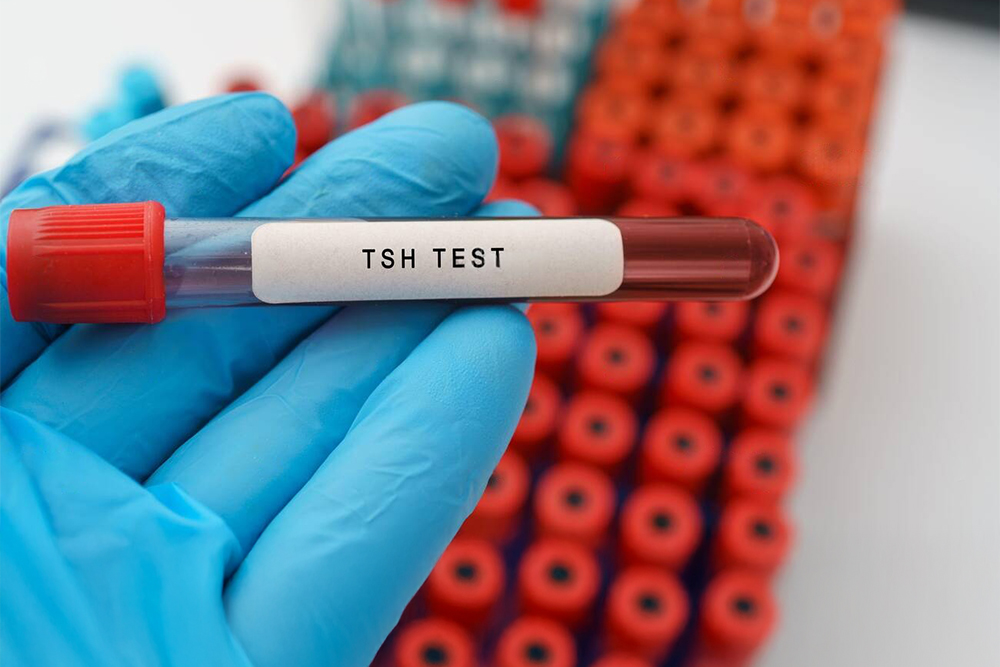Thyroid health plays a crucial role in a healthy pregnancy. Among the various thyroid-related tests, the TSH (Thyroid Stimulating Hormone) level is a key indicator of how well the thyroid gland is functioning. Abnormal TSH levels—either too high or too low—can affect both the mother and the developing baby.
So, what’s considered normal? And when should you be concerned? Let’s explore.
Why TSH Matters During Pregnancy
TSH is produced by the pituitary gland and signals the thyroid to produce hormones like T3 and T4, which regulate metabolism, energy, and growth. During pregnancy, especially in the first trimester, the demand for thyroid hormones increases significantly to support the baby’s brain and nervous system development.
If the thyroid doesn’t produce enough hormones (hypothyroidism) or produces too much (hyperthyroidism), it can lead to pregnancy complications like:
- Miscarriage
- Preterm birth
- Preeclampsia
- Low birth weight
- Developmental delays in the baby
Normal TSH Levels During Pregnancy
TSH reference ranges vary slightly, but here’s a general guideline by trimester:
- First Trimester: 0.1 – 2.5 mIU/L
- Second Trimester: 0.2 – 3.0 mIU/L
- Third Trimester: 0.3 – 3.5 mIU/L
If your TSH is above or below these ranges, your doctor may recommend further testing and start you on medications to bring the values under control.
When to Worry About TSH Levels
Here are some TSH readings and what they could mean:
🔸 High TSH (Above Normal Range)
- Could indicate hypothyroidism
- Common symptoms: fatigue, weight gain, cold intolerance, constipation
- Risks: miscarriage, cognitive issues in the baby
Treatment: Levothyroxine (a synthetic thyroid hormone) is usually prescribed.
🔸 Low TSH (Below Normal Range)
- Could indicate hyperthyroidism
- Common symptoms: anxiety, rapid heartbeat, heat intolerance, weight loss
- Risks: preterm labor, low birth weight, preeclampsia
Treatment: May involve antithyroid medications with careful monitoring.
Should All Pregnant Women Get TSH Tested?
Yes, specifically testing is furthermore strongly recommended if you:
✅ Have a history of thyroid disease
✅ Experience symptoms of thyroid dysfunction
✅ Have had trouble conceiving or had multiple miscarriages
✅ H/o- Type 1 diabetes or autoimmune disorders
✅ Family history of thyroid conditions
Maintaining Healthy Thyroid Function in Pregnancy
- Get enough iodine through iodized salt or prenatal vitamins
- Attend regular prenatal checkups to monitor thyroid function
- Take prescribed medications consistently, if needed
- Avoid self-medicating—especially with supplements like iodine or herbal remedies








